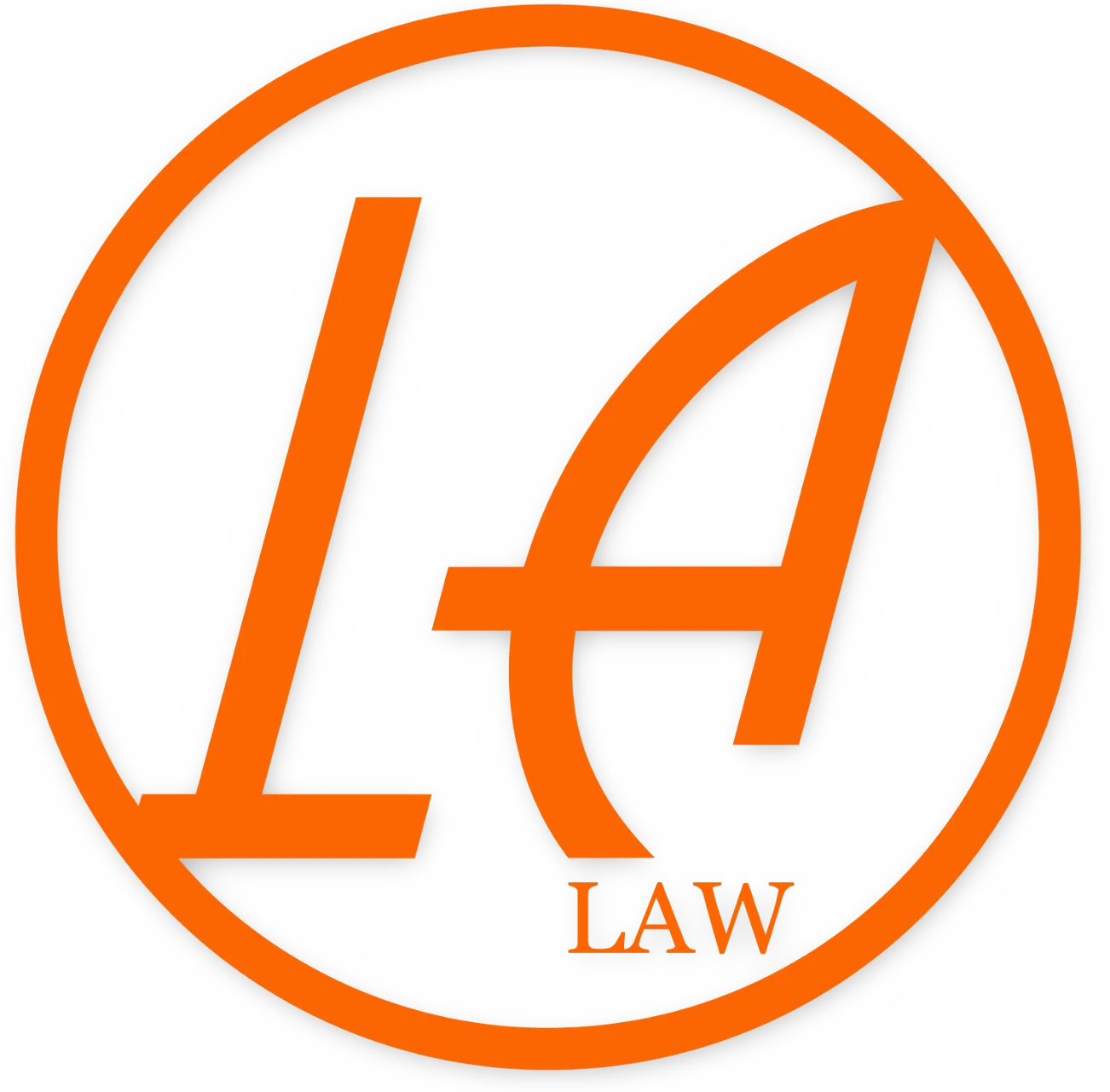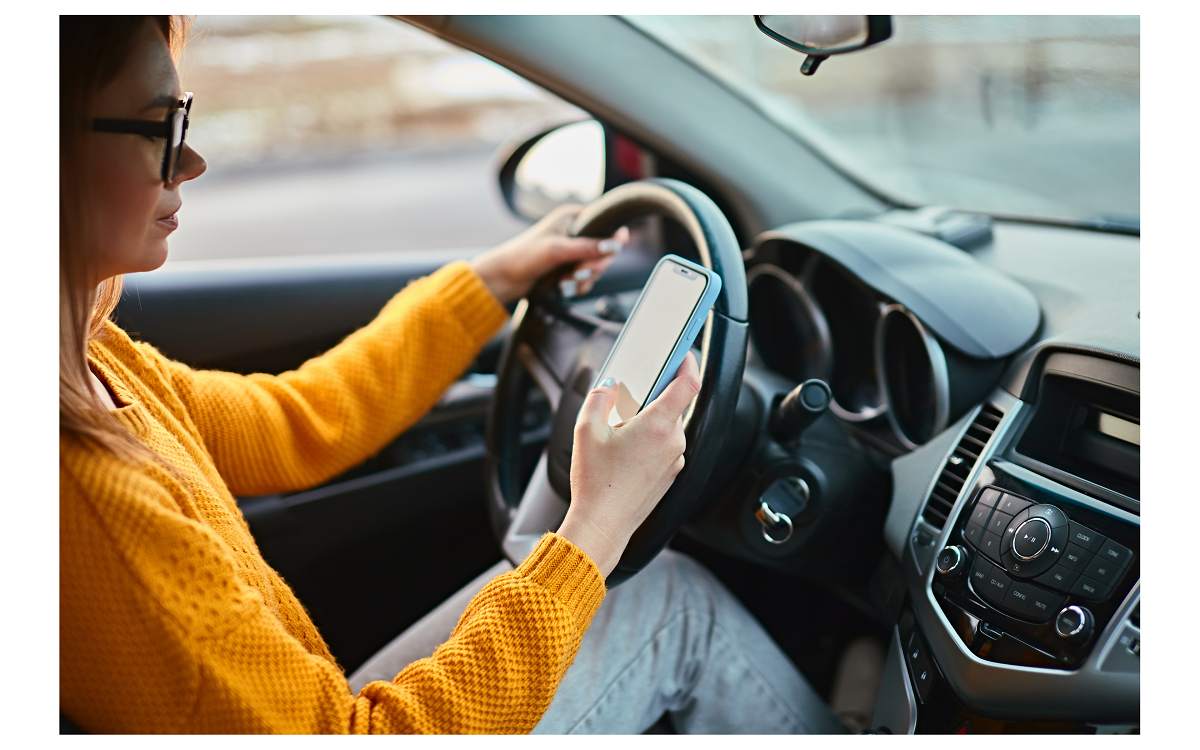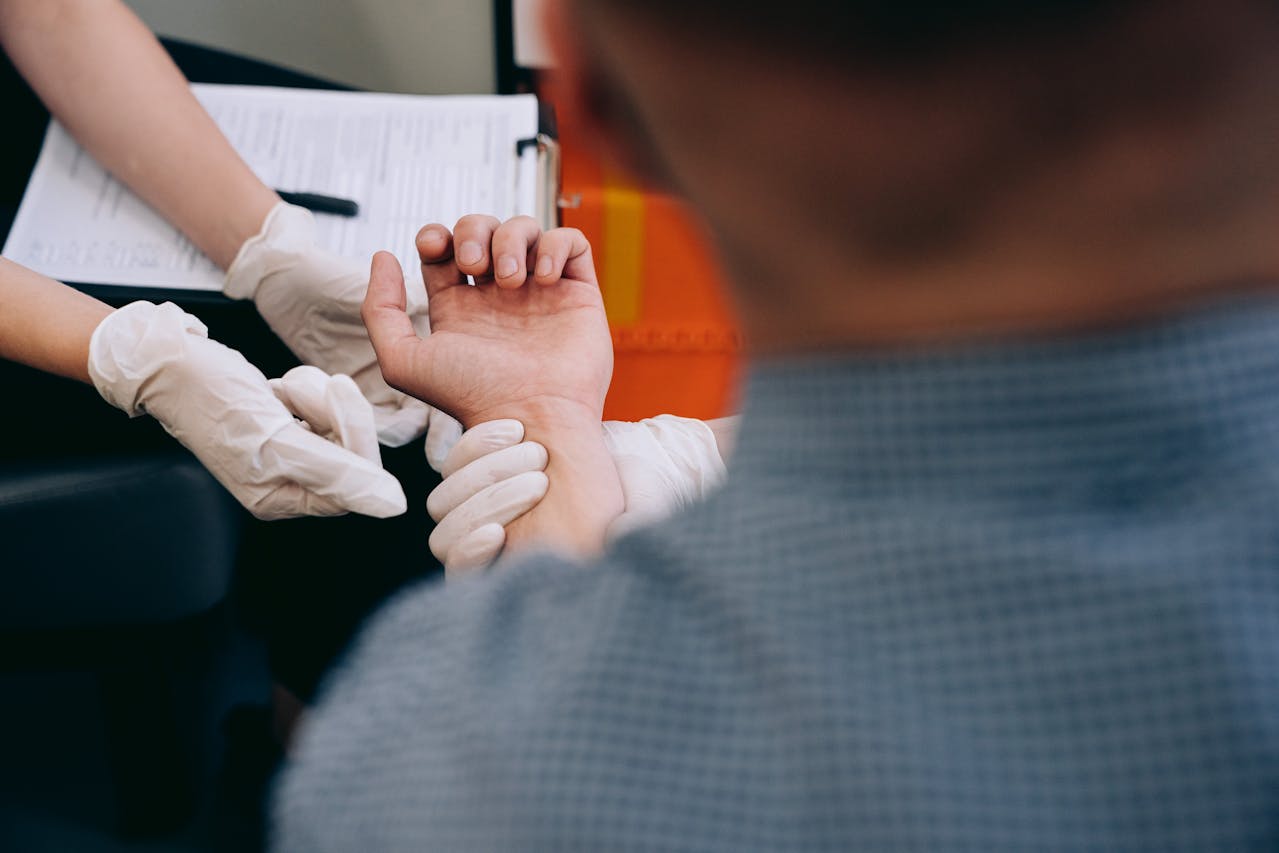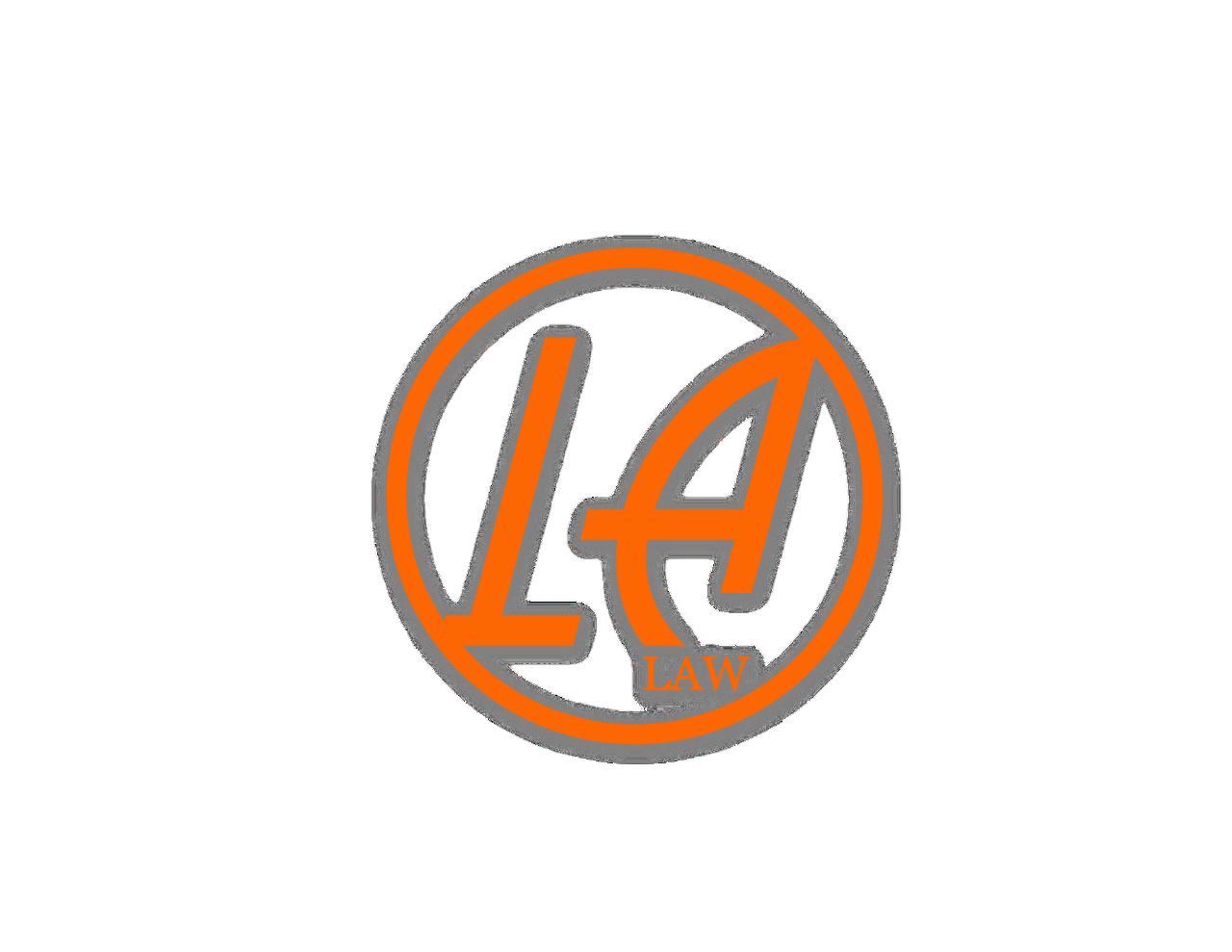
In personal injury cases, establishing liability is a critical step in holding the at-fault part accountable for your injuries. Liability determines who is responsible for the damages you’ve suffered and is essential in recovering compensation. At L.A. LAW, we work tirelessly to help you establish liability and secure the compensation you deserve for your injuries
Liability refers to the legal responsibility a person or entity has for causing harm to another. In personal injury cases, you must prove that another party’s negligence or wrongful actions directly led to your injury. Once liability is established, the at-fault party can be held financially responsible for your medical bill,s ost wages, pain and suffering, and other damages.
Negligence is the most common basis for liability in personal injury cases. To prove negligence, you must demonstrate that the defendant owed you a duty of care, breached that duty, adn caused your injuries as a result. (H3) FOR EXAMPLE: All drivers have a duty to follow traffic laws and operate their vehicle safely. If a driver fails to stop at a red light and causes and accident, they may be found liable for the damages.

In some cases, Connecticut law imposes strict liability, meaning that a defendant can be held liable for damages even if they were not negligent. This is most common in cases involving defective products or hazardous activities, such as dog bites or injuries caused by dangerous animals.

Vicarious liability arises when one party is held responsible for the actions of another. For instance, employers can be held vicariously liable for accidents caused by their employees during the course of employment. If a delivery driver causes an accident while on the jon, the company they work for may be liable for the resulting damages.

Connecticut follows the rule of comparative negligence, which means that more than one part can be found at fault for an accident. Under this system you can still recover compensation even if you were partially at fault, as long as you are less than 51% responsible for the accident. However, your total compensation will be reduced by your percentage of fault.
FOR EXAMPLE: If you were awarded $100,000 in damages but found to be 20% at fault, your compensation would be reduced to $80,000
Liability is central to your ability to recover compensation in a personal injury claim. WIthout establishing liability, the defendant cannot be held responsible for your damages. Liability also determines how much compensation you may receive. In Connecticut, your compensation will be directly tied to the degree of liability assigned to each party involved in the case. Our firm understand how crucial it is to establish and prove liability. We work tirelessly to hold negligent parties accountable and help our clients receive the full compensation they deserve.
Without sufficient evidence, proving that the defendant’s actions caused your injury can be challenging
The defendant may argue that they were not responsible for the accident or that you were partially to blame
In cases involving multiple parties or complex liability theories, determining who is at fault can require extensive investigation and legal expertise
At L.A. LAW, we understand how vital it is to establish liability in a personal injury case. Our attorneys will conduct a thorough investigation of your accident, gather the necessary evidence, and present a compelling case to prove the defendant’s liability. Whether through settlement negotiations or courtroom litigation, we are committed to holding the responsible parties accountable and securing the compensation you deserve.
Our experienced personal injury attorneys will help your prove liability and fight for the compensation you deserve
Disclaimer: This information is for general educational purposes only and does not constitute legal advice. Please consult with an attorney to discuss your specific situation.

L.A. LAW offers legal counsel and representation in personal injury cases throughout Connecticut. Please note that previous case results and client testimonials do not guarantee or predict similar outcomes in future cases. Your review or use of the information provided on this site does not establish an attorney-client relationship. By submitting information via chat, email, contact form, text message, or phone call, you consent to be contacted by an attorney from L.A. LAW regarding a potential consultation. Rest assured, any information you share will be treated with the utmost confidentiality. If you have any questions, please reach out to us at help@lalawct.com.